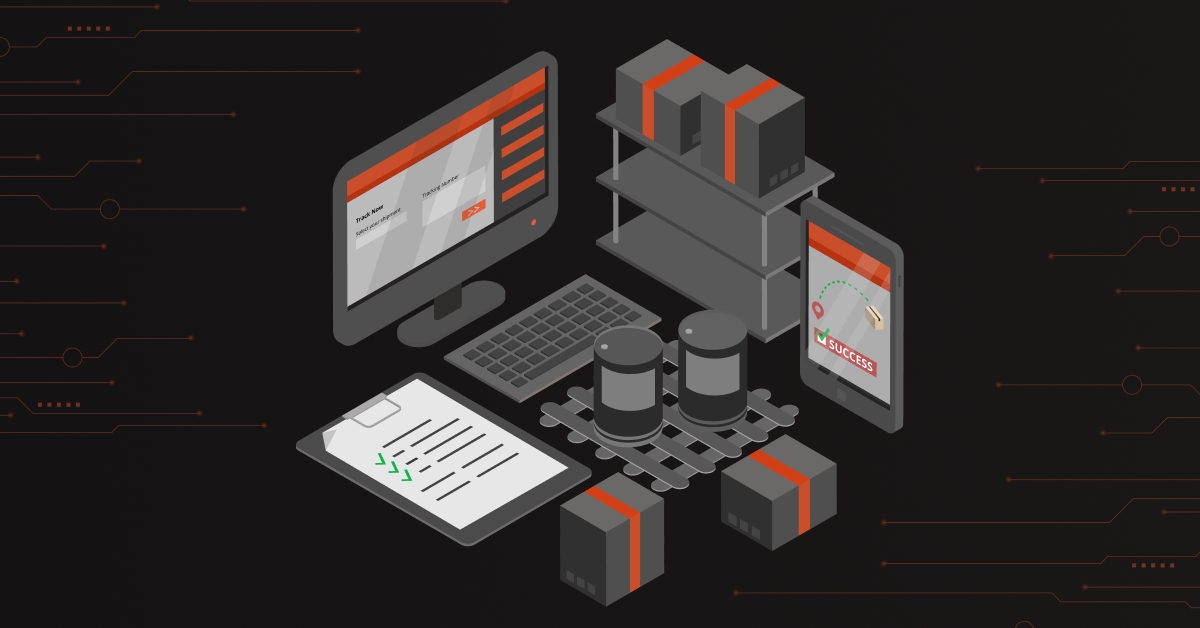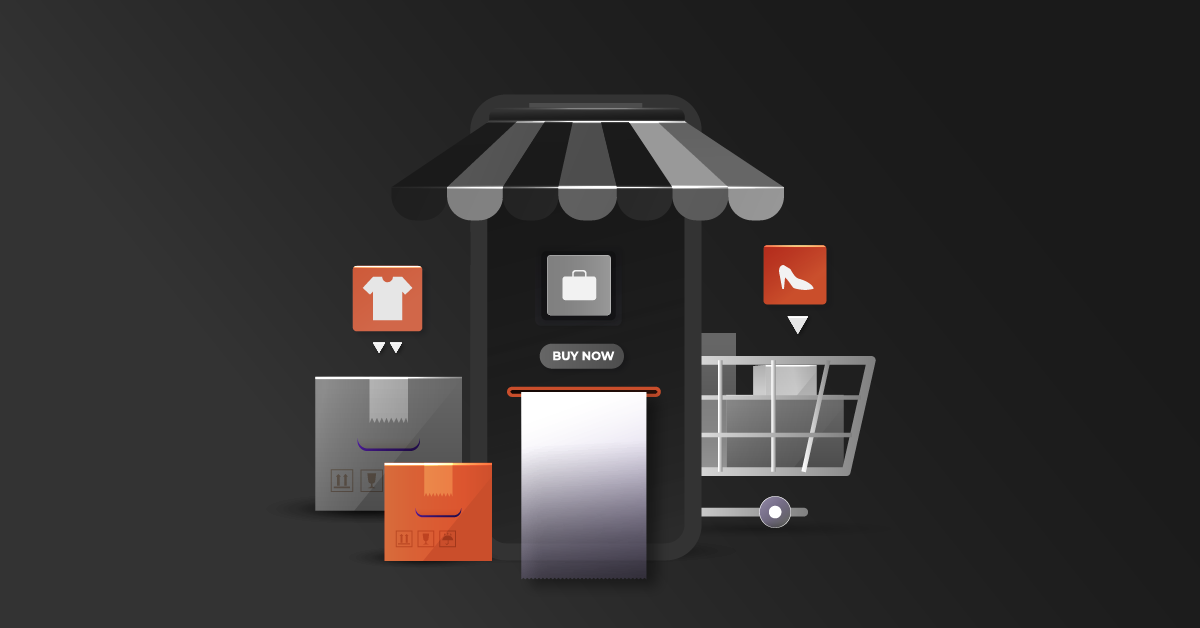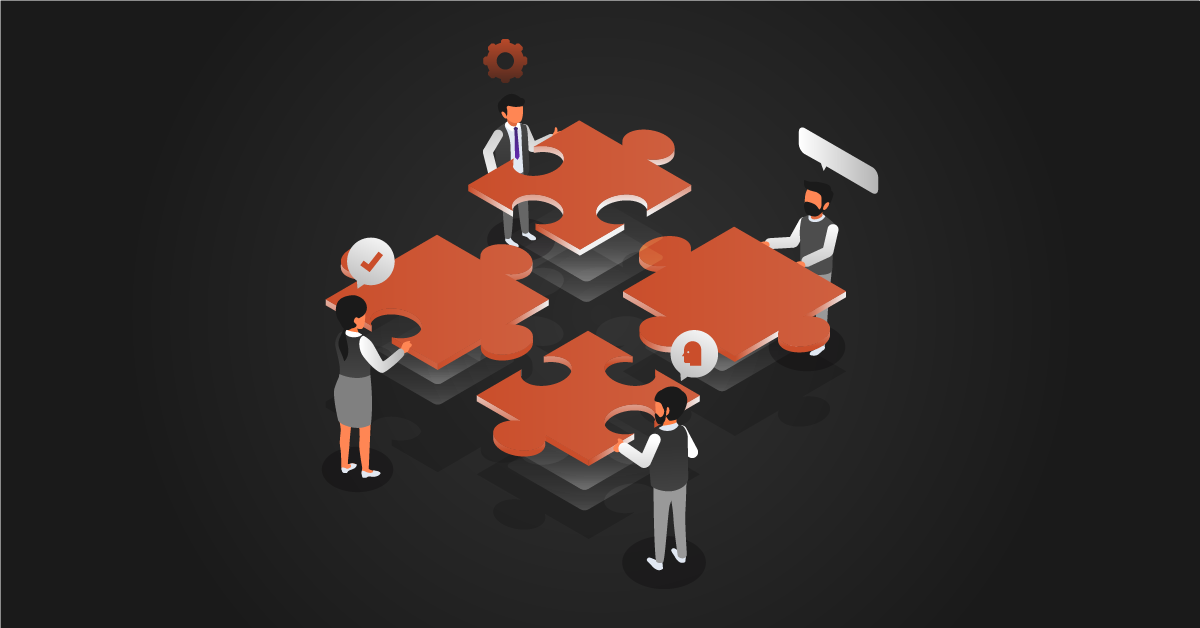Integrating Salesforce with SAP means connecting two powerful software systems to work together seamlessly. When these two systems are integrated, data can flow smoothly between them.
Contents
Methods To Consider To Integrate SAP with Salesforce
Here’s how to integrate Salesforce with SAP
Custom Integration
- This involves building a direct integration from scratch using Salesforce APIs such as REST API, SOAP API, and Streaming API.
- It doesn’t require extra cost for licenses beyond core Salesforce and SAP licenses.
- However, it demands a high implementation effort and carries significant project risk.
- Salesforce cannot integrate directly with SAP standards like RFC (Remote Function Call), which limits integration options.
iPaaS Integration
- Integration Platform as a Service (iPaaS) offers some advantages over custom development.
- IPaaS tools often come with pre-built adapters for SAP, saving time and effort.
- Platforms like DCKAP Integrator, MuleSoft, and SAP CPI (Cloud Platform Integration) are commonly used.
- They handle important considerations such as connection handling, authentication, and security.
These are the various integration approaches; organizations can choose the best approach that best fits their needs and resources.
Recommended reads: The Definitive Guide on ERP Integration with Salesforce
Popular Use Cases of Salesforce SAP Integration
Businesses can utilize the power of Salesforce and SAP integration across various functions to optimize their operations.
1. Sales Order Management
Salesforce serves as the platform for capturing customer orders, while SAP takes charge of processing these orders and managing inventory and fulfillment. This integration ensures seamless data transfer, including critical details such as customer information, product specifics, and order quantities, between the two systems.
2. Efficient Customer Support
Integrating SAP and Salesforce proves valuable in Customer Service scenarios. Salesforce efficiently handles customer interactions, such as phone calls and emails, while SAP manages customer data and processes requests.
3. Supply Chain Management
Salesforce can manage customer orders and demand, complemented by SAP handling inventory, production, and fulfillment. Data transfer between the systems includes crucial information like customer orders, inventory levels, and production schedules, creating a synchronized and streamlined supply chain process.
4. Financial Reporting
Salesforce captures sales data, while SAP manages financial data like expenses, cash flow and revenue. The integration ensures the smooth transfer of data such as sales data, expense details, and revenue information between the two systems, facilitating the generation of comprehensive and accurate financial reports.
Recommended reads: SAP Shopify Integration Explained: Methods, Benefits, and Tips
Benefits of Salesforce SAP Integration
Different ways Salesforce SAP Integration can benefit business functions:
- Improved Data Quality: Seamless data sharing between Salesforce and SAP improves data accuracy and eliminates duplication.
- Increased Efficiency: Integration streamlines processes, automates data entry, and reduces manual errors, enhancing operational efficiency.
- Enhanced Visibility: Access to comprehensive customer data across sales, marketing, service, and billing allows for better decision-making and improved customer experience.
- Improved Collaboration: real-time visibility to important customer information fosters stronger collaboration among sales, marketing, and customer service teams.
- Reduced Costs: Automation of data entry and reduction of manual errors save time and money, allowing sales reps to focus more on selling and less on administrative tasks.
- Increased Revenue: Enhanced customer visibility through improved customer experience ultimately leads to increased revenue and business growth.
Challenges of SAP Salesforce Integration
The most common challenges while integrating Salesforce and SAP
Technical Disparities
SAP’s on-premises nature and Salesforce in the cloud create integration challenges. Careful consideration is needed to bridge the gap between on-premises and cloud systems.
Data Synchronization Difficulties
Syncing data between SAP and Salesforce CRM poses a significant challenge. Maintaining consistency in information between the two systems is crucial.
Quote and Opportunity Linking
Salesforce users generating quotes require linkage with SAP opportunities. Syncing product and pricing details between Salesforce and SAP proves to be complex.
Data Processing Challenges
Processing data in Salesforce before it reaches the order and execution phase in SAP requires attention. It is complex to ensure a seamless and accurate information exchange throughout the integration process.
Real-Time Accessibility
Real-time access to relevant data, like order history and financial status, is essential for Salesforce users. This becomes a bit difficult due to the various integration challenges.
Successful integration requires careful planning and testing. Employing Integration Platform as a Service (iPaaS) solutions and collaborating with experienced partners can contribute to a smooth and effective integration process, mitigating potential challenges.
Recommended reads: NetSuite Salesforce Integration [+ Benefits , FAQs]
Top Integration Solution for Distributors – DCKAP Integrator
DCKAP Integrator is the best iPaaS solution designed for distributors. It acts as a bridge, connecting essential business applications like your ecommerce platform, ERP, CRM, EDI, PIM, and more. DCKAP Integrator features an easy-to-use, low-code interface tailored for products commonly preferred by distributors.
Here are a few more features that set it apart:
Easy-to-Use Interface
- The dashboard provides users with important project information and statistics.
- Unique features include showing the success rate of API calls and graphical representations of new customer and order traffic.
- Direct access to project pages allows users to add, edit, and deploy integrations easily.
Scalable Integration Architecture & Deployment
- The architecture offers a modular and scalable approach to data synchronization between different systems.
- The four-layered approach ensures clear responsibilities and easy management, modification, or scaling based on requirements.
- Layers include Presentation, Business, Domain, and Database, ensuring secure and reliable data storage.
Drag and Drop Feature for Easy Project Development
- Integrations are simplified with a drag-and-drop interface, making project development a breeze.
Mapping Data
- Supports unique business needs by mapping data and ensuring correct alignment between systems.
- Unique feature: Using modifiers to format data before mapping, ensuring accuracy and proper formatting before transfer.
Advanced Flows & Handlers
- Integration architecture uses “Workflows” and “Handlers” to create end-to-end integration processes.
- Flows serve as a neural schema, managing business logic to log transactions.
- Provides various Handlers for different functionalities like API calls, assigning data, mapping API fields, and more.
Check out the flexible pricing plans and schedule a demo with us. Experience the ease of integrating systems seamlessly with DCKAP Integrator.
FAQS
What are the best practices for Salesforce SAP integration?
- Implement thorough planning and testing.
- Ensure clear communication between teams.
- Utilize integration platforms to streamline the process.
- Regularly update and maintain the integration to meet evolving business needs
How can Salesforce SAP integration benefit business operations?
Integration streamlines processes reduces manual errors, and provides a holistic view of customer data, enhancing overall business efficiency.
How does Salesforce SAP Integration benefit customer-facing roles?
SAP Salesforce integration allows customer service representatives to access real-time information. This enhances customer interactions by providing comprehensive customer data.
What is the SAP Business Accelerator Hub, and how does it relate to Salesforce integration?
The SAP Business Accelerator Hub is a resource for tools and services that can expedite SAP implementations. Integrating with Salesforce can leverage these tools for enhanced efficiency.
How does Salesforce SAP integration enhance customer support functions?
Salesforce SAP Integration Improves response times with access to comprehensive customer data. It also enables proactive support through insights into customer purchase history and preferences.
What are the limitations of traditional integration approaches?
- Traditional approaches may be complex and time-consuming.
- They may lack flexibility to adapt to changing business needs.




